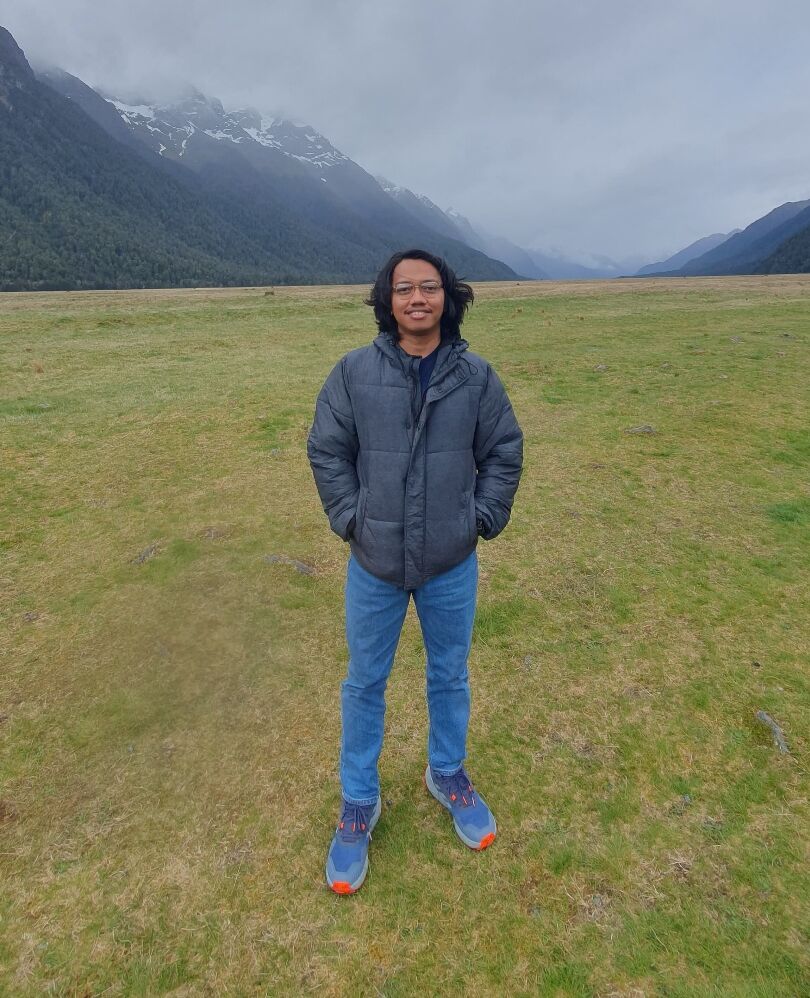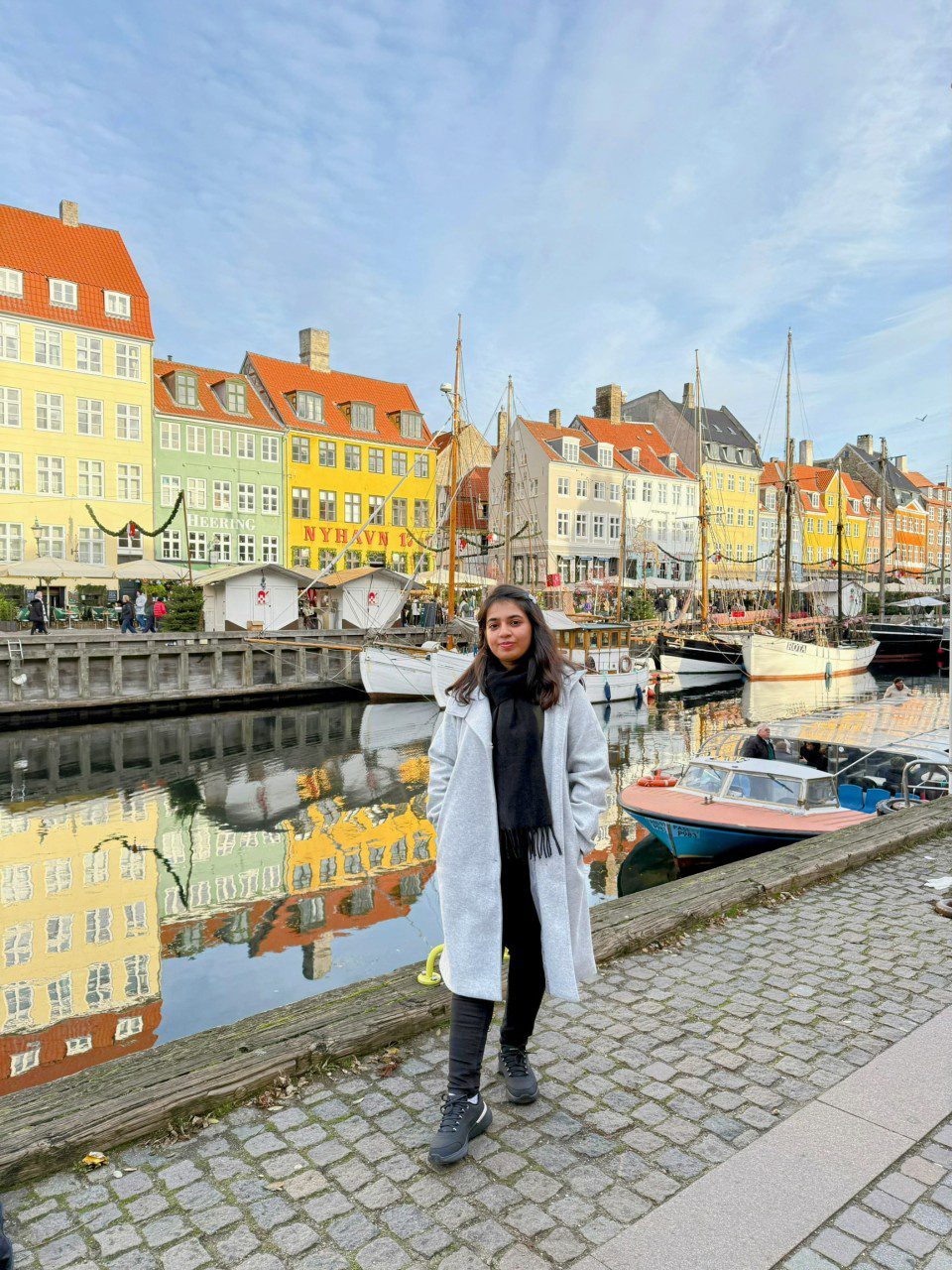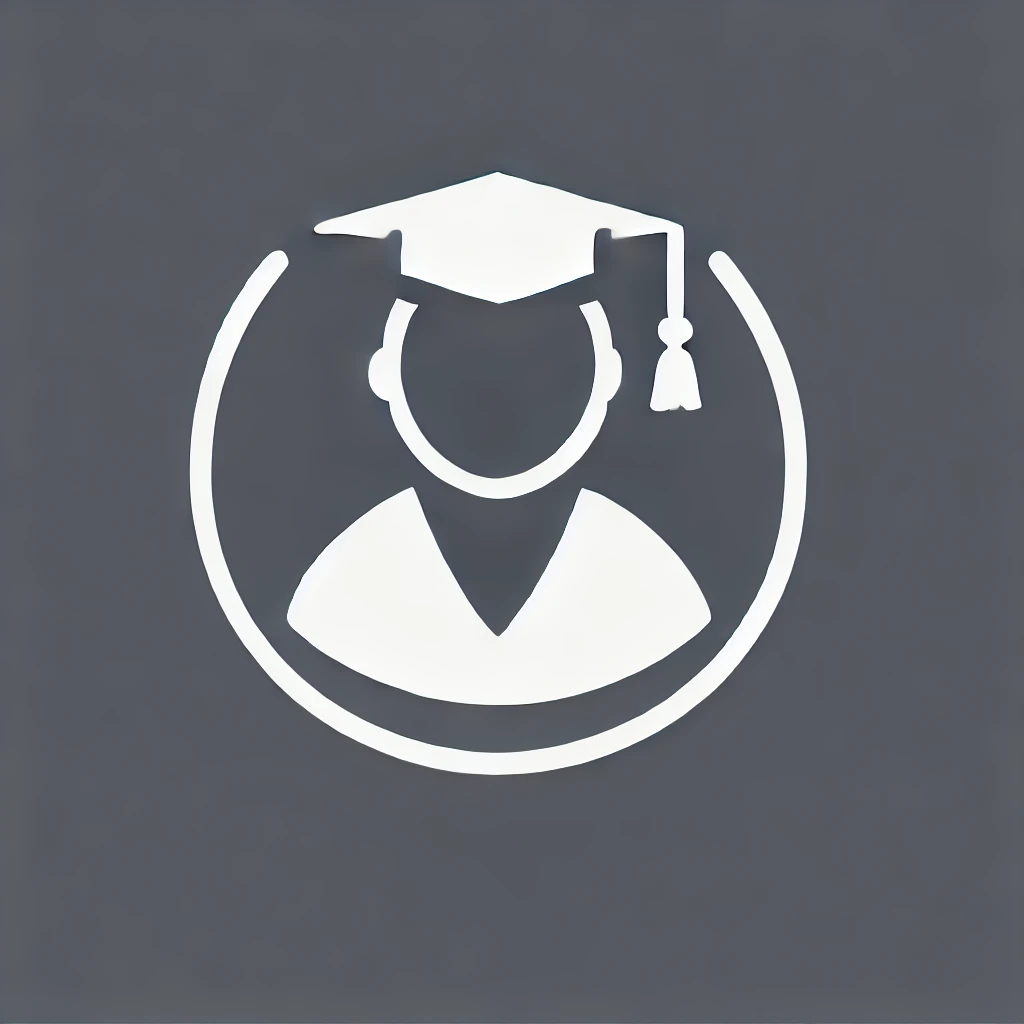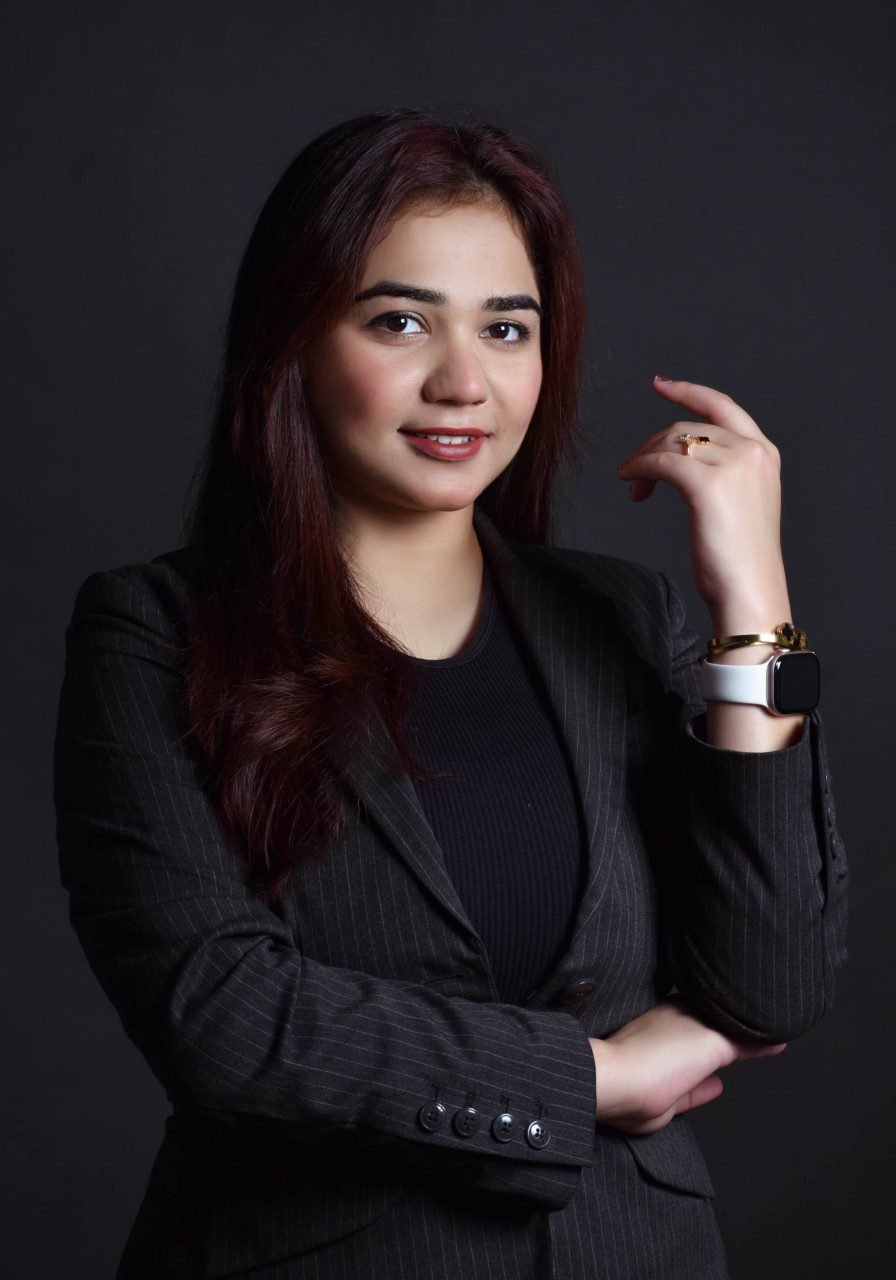Indonesian GIS Specialist Awarded Manaaki New Zealand Scholarship to Study Disaster Management at University of Auckland
University: University of Auckland
Degree: Master’s in Disaster Management
Previous Education: Bachelor’s in Environmental Geography, Universitas Gadjah Mada
Scholarship: Manaaki New Zealand Scholarship
Standardized Exams: IELTS (achieved required score after multiple attempts)
Social Media:

The Journey
My name is Bagus Septiangga, and I am originally from Indonesia. I have a background in Geographic Information Systems (GIS) and environmental management, with over five years of professional experience in both government and non-profit sectors. I am currently pursuing at the University of Auckland, a Master’s degree in Disaster Management, which aligns with my passion for using geospatial science to support sustainable development, climate resilience, and community well-being.
I decided to further my education in this field to strengthen my ability to contribute meaningfully to hazard and risk research and modeling. My goal is to generate data-driven insights that inform better decision-making and risk-reduction strategies. Through this program, I aim to expand my technical and analytical skills, particularly in areas like remote sensing, environmental modeling, and spatial analysis, so I can help build safer, more resilient communities in the face of natural hazards and climate change.
Manaaki New Zealand Scholarship Details
I was awarded the Manaaki New Zealand Scholarship, funded by the Ministry of Foreign Affairs and Trade (MFAT), New Zealand. This prestigious scholarship fully supports my postgraduate studies in Disaster Management, covering tuition fees, living expenses, establishment allowance, insurance, and travel costs.
The Manaaki New Zealand Scholarship is a highly competitive program that enables emerging leaders from developing countries to gain knowledge and skills through higher education in New Zealand, with the aim of contributing to sustainable development in their home countries. I am deeply honoured to have been selected for this opportunity and am fully committed to applying what I learn to help address environmental and disaster-related challenges in Indonesia and beyond.
Educational Background
I completed my undergraduate degree in Environmental Geography at Universitas Gadjah Mada in Indonesia. While my GPA was not among the highest, what truly shaped my academic journey and ultimately prepared me to pursue further studies were my active engagements beyond the classroom.
During my undergraduate studies, I focused heavily on research activities, including working on environmental and spatial data projects. I was fortunate to co-author a journal publication, which gave me early experience in scientific writing and data analysis. Additionally, I built strong networks through collaborations with government agencies, NGOs, and academic institutions, which further enriched my understanding of how geospatial tools can be applied in real-world environmental and disaster contexts.
These experiences not only strengthened my technical and analytical skills but also helped me develop the critical thinking and professional discipline needed to thrive in a postgraduate environment. They were the foundation that led me to the field of Disaster Management, where I can continue combining research and practical applications for greater impact.
How Did You Prepare to Apply to New Zealand Universities?
Before applying for the Manaaki New Zealand Scholarship, I focused on preparing the necessary requirements for admission to tertiary institutions in New Zealand, especially the English language proficiency test. I identified IELTS as the standardized test required and dedicated myself to preparing for it with discipline and consistency.
I studied for more than six months, following a structured schedule that included daily practice, mock tests, and focused improvement in areas I found challenging, such as writing and speaking. The first time I took the IELTS, my score did not meet the requirement, but instead of giving up, I treated it as a learning experience. I continued studying, tracked my progress, and gradually saw a consistent improvement in my performance.
In addition to test preparation, I also spent time researching New Zealand universities and programs that aligned with my goals in disaster and environmental management. I consulted official university websites, scholarship portals, alumni stories, and even reached out to a few current students and graduates for guidance. This thorough preparation helped me not only meet the admission criteria but also present a strong, focused application for the scholarship.
How Did You Prepare to Apply Manaaki New Zealand Scholarship?
Applying for the Manaaki New Zealand Scholarship required both strategic planning and personal commitment. I began by thoroughly reading all the scholarship requirements and guidelines provided on the official MFAT and tertiary institution websites. I made a checklist of the documents and steps needed, such as proof of English proficiency, academic transcripts, recommendation letters, and a well-written personal statement.
Knowing how competitive the scholarship is, I took time to reflect on my career goals, community impact, and the relevance of my background in GIS and environmental management to New Zealand’s development-focused values. I tailored my application to highlight my professional experience, especially in hazard and risk modelling, conservation work, and my commitment to climate resilience and disaster management in Indonesia.
In parallel, I kept improving my IELTS score as it was a key requirement. I also sought feedback from mentors and colleagues on my essays and application form to ensure clarity, coherence, and alignment with the scholarship’s objectives. Overall, my preparation combined academic readiness, clear articulation of purpose, and demonstrating a strong motivation to use the scholarship as a platform for real-world impact in my home country.
How Was Your Experience at the University of Auckland?
Studying at the University of Auckland has been a transformative experience for me both academically and personally. The university offers a rich learning environment with access to world-class resources, experienced lecturers, and a strong emphasis on research and real-world application. In my Master’s in Disaster Management program, I have had the opportunity to engage with multidisciplinary content ranging from risk assessment and resilience planning to climate adaptation and emergency response systems.
One of the highlights of my experience is the university’s support for international students. The academic staff are approachable and genuinely committed to helping students succeed, and there are plenty of support services available whether for writing skills, mental well-being, or career development.
The University of Auckland also provides a platform for collaboration with professionals and researchers from diverse backgrounds. This has allowed me to expand my network, exchange ideas, and learn how disaster management is approached in different contexts globally. Living and studying in New Zealand has also deepened my appreciation for indigenous knowledge systems and community-centered approaches, which I find very relevant and inspiring for my work in Indonesia.
How Do You Rate the University of Auckland Academically and Why?
I would rate the University of Auckland very highly in terms of academic quality. It is consistently ranked among the top universities in the world, and my personal experience confirms that its academic standards are rigorous, research-driven, and globally relevant.
The university fosters critical thinking, encourages interdisciplinary approaches, and provides a strong foundation in both theory and practice. In my Master’s in Disaster Management program, the curriculum is well-structured and current, addressing pressing global issues such as climate change, resilience building, and sustainable development. The lecturers are not only experts in their fields but are also actively involved in research and consultancy, which brings real-world insights into the classroom.
What stands out to me is the emphasis on student-led learning, academic integrity, and the use of data and evidence to support decision-making. Access to high-quality digital libraries, GIS labs, research tools, and academic support services has further enhanced my learning experience.
How Does the University of Auckland Support International Students?
The University of Auckland offers comprehensive support systems for international students, making the transition to studying and living in New Zealand much smoother. From the very beginning, the university provides pre-arrival guidance, orientation programs, and dedicated international student advisors who are available to assist with academic, personal, and cultural adjustment needs.
One of the most helpful services is the International Office, which offers ongoing support regarding visas, accommodation, and general well-being. There are also academic support services like the Library’s Learning Services, peer mentoring, and writing and study skills workshops, all designed to help students succeed in their studies.
Culturally, the university fosters an inclusive environment by celebrating diversity through events, student clubs, and multicultural activities. This helps international students feel welcomed and connected to both local and global communities.
In my own experience, I have felt genuinely supported by the academic staff, who are understanding of the challenges international students might face and are always willing to provide additional guidance when needed. Overall, the University of Auckland is deeply committed to helping international students thrive academically, socially, and personally.
What Do You Think Made Your Application Stand Out?
I believe what made my application stand out was the combination of relevant professional experience, a clear sense of purpose, and a demonstrated commitment to real-world impact especially in the areas of hazard and risk modelling, environmental conservation, and disaster resilience.
Even though I did not have a high GPA, I was able to showcase the depth of my practical involvement from managing GIS projects at a government level in Indonesia, to leading spatial data initiatives for river basins, and more recently, contributing to conservation and climate adaptation work through the Bamboo Village Trust. These experiences highlighted my ability to apply academic knowledge in impactful ways.
I also believe that my dedication to improving my IELTS score through disciplined preparation showed resilience and seriousness in meeting international academic standards. Additionally, my research background, including publication experience, and a strong network in the environmental and disaster management fields added weight to my application.
Most importantly, I was able to clearly articulate how the scholarship and studying in New Zealand would empower me to give back to my community and region especially through research, modelling, and capacity-building in climate risk and disaster preparedness.
What Would You Have Done Differently if You Were Going Through the Process Again?
If I were to go through the process again, I would start my preparation much earlier, especially for the IELTS test and collecting the necessary documents. In my case, the delay in achieving the required IELTS score added pressure to the timeline. Starting early would have given me more time to refine my personal statement, gather stronger recommendation letters, and research a wider range of institutions and programs that aligned with my long-term goals.
I also would have invested more time in reaching out to alumni or current students of the program to gain deeper insights into what makes a strong application and how to better align my background with the expectations of the scholarship and institution.
Another thing I would do differently is to document my professional achievements and projects more consistently sometimes it’s hard to recall all the details when you’re writing your application. Keeping a portfolio or journal of work, accomplishments, and lessons learned would have made the process smoother and helped me communicate my story even more effectively.
What Advice Would You Give Those Looking to Apply for a Similar Scholarship?
My advice to anyone applying for a scholarship like the Manaaki New Zealand Scholarship is to start early and plan strategically. Give yourself enough time to prepare each component of the application especially your personal statement, IELTS, or other standardized tests, and gather strong recommendation letters.
Don’t be discouraged if you don’t have a perfect GPA, what matters is how well you present your story, your purpose, and your potential. Emphasize your professional or community-based experience, your goals, and how the scholarship aligns with your long-term impact. Show that you are not just looking for a degree, but that you are committed to using the knowledge to solve real problems in your country or region.
Be honest and personal in your essays. Clearly explain why you chose your field of study, how your background has prepared you, and what difference you want to make through this opportunity. Also, study the values and focus areas of the scholarship provider in this case, MFAT and New Zealand’s development goals and align your application with those themes.
Lastly, stay disciplined and resilient. There may be setbacks like not achieving the required test score at first but consistency and focus will help you improve and succeed. Use every step of the application as a chance to grow.
Want to submit your
scholarship journey?
Submit Your Story Here!
More Scholarship Recipients

I am Sabeen Imran, coming from Pakistan, where I did my Bachelor's in Environmental Sciences from the University of Veterina .... Read more

My name is Ivena Nathania Victor; you can call me Ivena. I have a Master’s of Science and Master’s of Arts degree in Cli .... Read more

My name is Aisha Lareb, and I am from Sindh, Pakistan. Growing up, I witnessed the challenges faced by women in my community .... Read more

Leave A Comment